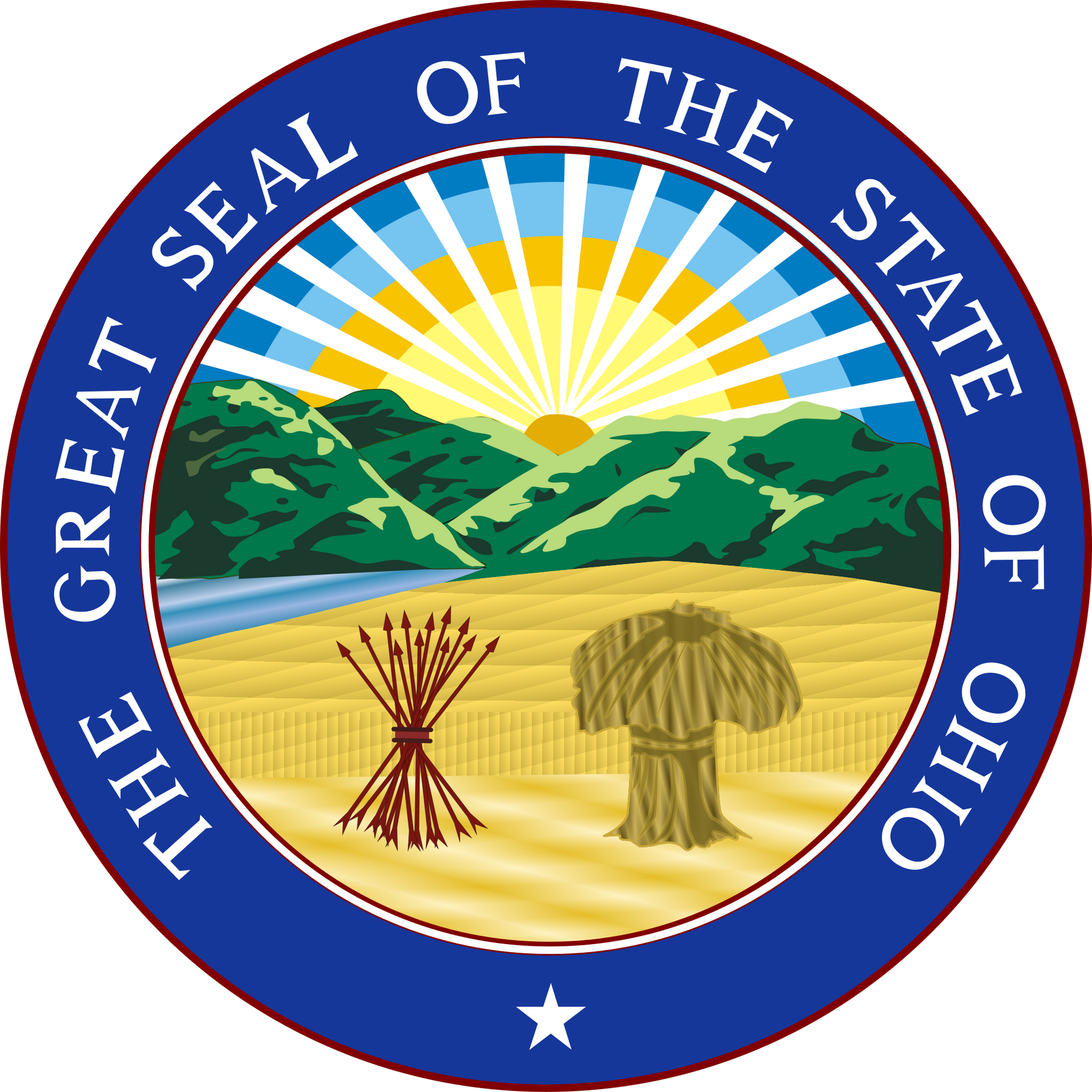The Climax of Political Controversy in the Biden Administration
In a move that shocked the nation, former President Joe Biden, in the final hours of his presidency, issued a full and unconditional pardon for his son, Hunter Biden. This unprecedented decision immediately drew accusations of corruption, abuse of power, and obstruction of justice, further eroding public trust in the Biden administration. While the case of Hunter Biden had long been a point of contention in political circles, this pardon cemented allegations that the justice system had been weaponized to protect those in power.
The Allegations Against Hunter Biden
For years, Hunter Biden had been under federal investigation for a slew of criminal allegations, including tax evasion, illegal firearm possession, and suspicious business dealings with foreign entities. In 2023, the House Oversight Committee released a report detailing suspicious wire transfers from Chinese and Ukrainian businessmen, totaling millions of dollars. Emails obtained from Hunter Biden’s abandoned laptop appeared to suggest that his father, then-Vice President Joe Biden, had knowledge of and may have even benefited from these dealings.
Despite mounting evidence, the investigation into Hunter Biden moved at a snail’s pace, leading to accusations that the Department of Justice (DOJ) was intentionally slow-walking the case to shield the Biden family. Critics pointed to glaring irregularities in the legal proceedings, particularly the handling of plea deals and the eventual appointment of a Special Counsel.
The David Weiss Appointment: A Violation of Federal Law
A major turning point in the scandal came when then-Attorney General Merrick Garland appointed U.S. Delaware Attorney David Weiss as Special Counsel to oversee the Hunter Biden probe. This decision immediately raised eyebrows because it appeared to directly violate federal law governing the appointment of a Special Counsel. According to 28 CFR § 600.3, the Special Counsel "shall be selected from outside the United States Government." David Weiss, a sitting U.S. Attorney at the time, clearly did not meet this criterion.
Despite this apparent violation, Garland defended his decision, arguing that Weiss had been involved in the investigation from the beginning and was therefore best suited to see it through. However, critics viewed this move as an effort to control the narrative and ensure that any damaging revelations about Hunter Biden—and potentially Joe Biden himself—would be buried.
A Bungled Prosecution and Preferential Treatment
Throughout 2023 and 2024, Weiss’ handling of the case only reinforced concerns about political interference. Hunter Biden was initially offered an unusually lenient plea deal that would have spared him from prison time. The deal collapsed after a federal judge scrutinized its broad immunity clause, which would have shielded Hunter from future prosecutions related to his foreign business dealings.
Following the collapse of the plea deal, the case took another unusual turn. Despite clear evidence of tax fraud and unlawful firearm possession, prosecutors hesitated to bring serious charges. Many observers compared Hunter Biden’s case to that of other individuals who had been prosecuted under similar statutes and received much harsher penalties. The DOJ’s reluctance to aggressively pursue charges fueled speculation that the Biden administration was interfering behind the scenes.
The Presidential Pardon: A Final Act of Corruption
As Joe Biden’s presidency drew to a close, speculation swirled about whether he would take the unprecedented step of pardoning his son. On January 19, 2025, just one day before leaving office, Biden did exactly that—issuing a sweeping and unconditional pardon for Hunter Biden. This last-minute move immediately ignited a political firestorm.
Legal scholars and political analysts quickly pointed out the unprecedented nature of this pardon. While past presidents have issued controversial pardons—such as Gerald Ford’s pardon of Richard Nixon—never before had a sitting president used the pardon power to shield an immediate family member from ongoing legal scrutiny.
The pardon effectively nullified any legal consequences for Hunter Biden’s crimes and ensured that further investigations into his business dealings would be halted. To critics, this was a blatant abuse of executive power and an affront to the rule of law.
Political Fallout and the Future of Accountability
The fallout from Biden’s pardon was swift and severe. Congressional Republicans vowed to launch investigations into the matter, with some calling for the impeachment of Biden’s former Attorney General Merrick Garland. Legal challenges were also considered, though the presidential pardon power is notoriously broad and difficult to contest.
Public trust in the Biden family, already weakened by years of allegations and ethical concerns, plummeted further. Polling conducted in early 2025 showed that a majority of Americans believed the pardon was an act of corruption and that Hunter Biden should have faced justice.
The scandal also set a dangerous precedent for future administrations. By demonstrating that a president can effectively use the pardon power to protect family members from legal accountability, Biden’s decision raised concerns about the erosion of checks and balances within the government.
Conclusion: The Legacy of the Hunter Biden Scandal
The Hunter Biden scandal and subsequent pardon will undoubtedly be remembered as one of the most egregious examples of political corruption in modern American history. The case exposed deep flaws in the justice system, highlighted the dangers of partisan interference in legal proceedings, and further divided an already polarized nation.
As the country moves forward, one pressing question remains: will future administrations take steps to restore faith in the legal system, or has this scandal permanently eroded the concept of equal justice under the law? Only time will tell, but one thing is certain—this controversy is far from over.
WANT TO SHARE TRUTHFUL FACTS RELATING TO EXPOSING CORRUPTION?
Please send us information if you have something to contribute to the blog.
Contact Us
We will get back to you as soon as possible.
Please try again later.


